The Roman Empire is a fascinating time in our history that greatly impacted and influenced the society we live in today. Let's take a deep dive into the past to explore these amazing, interesting facts that will for sure knock your socks off. You won't believe how different their lives were!
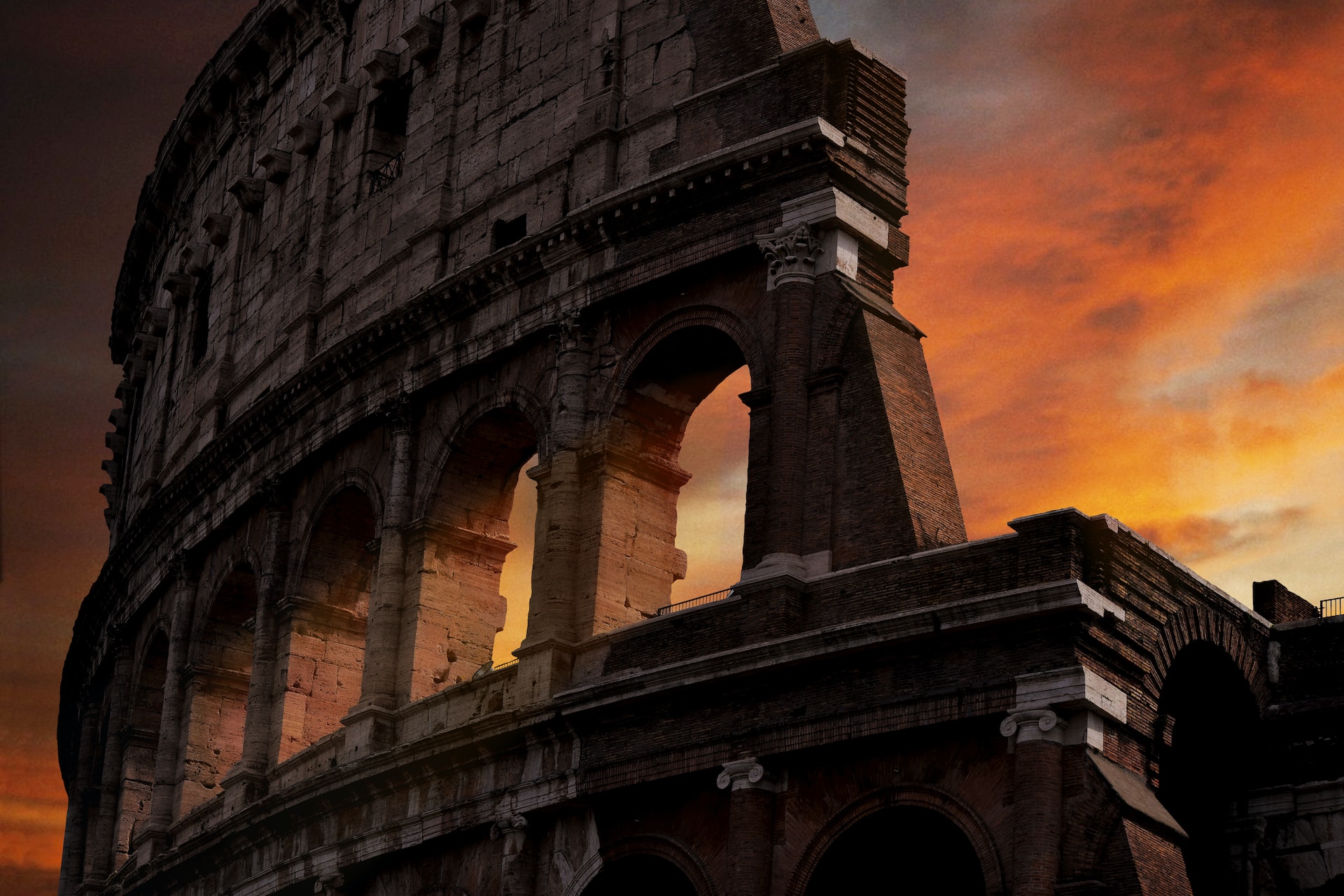 Photo by Dario Veronesi on Unsplash
Photo by Dario Veronesi on Unsplash
1. Shortened Years
We didn't always have 12 months in a year. In fact, the Roman calendar initially only had 10 months, with just 304 days in total. It was in 713 BC that January and February were added, transforming it into the 12-month calendar we're all familiar with.
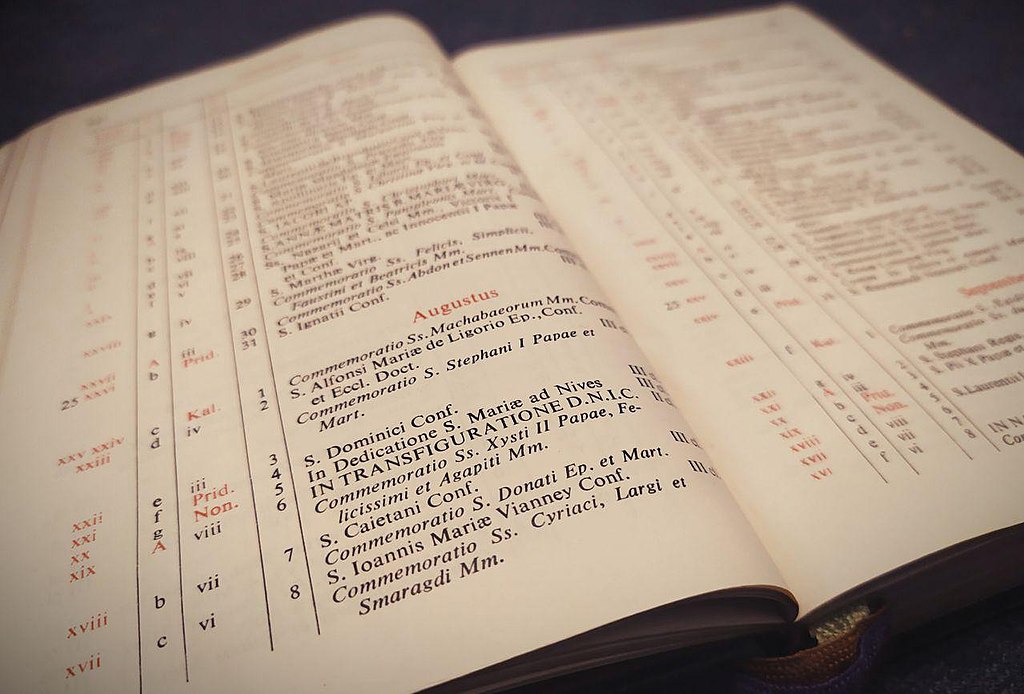 Photo by Maksim Fomich on Wikimedia Commons
Photo by Maksim Fomich on Wikimedia Commons
2. Sweat Scrapers
Turns out Romans were pretty hygienic for their time! They used a tool called a "strigil" to scrape off any sweat, oil, and dirt after exercising or taking a bath.
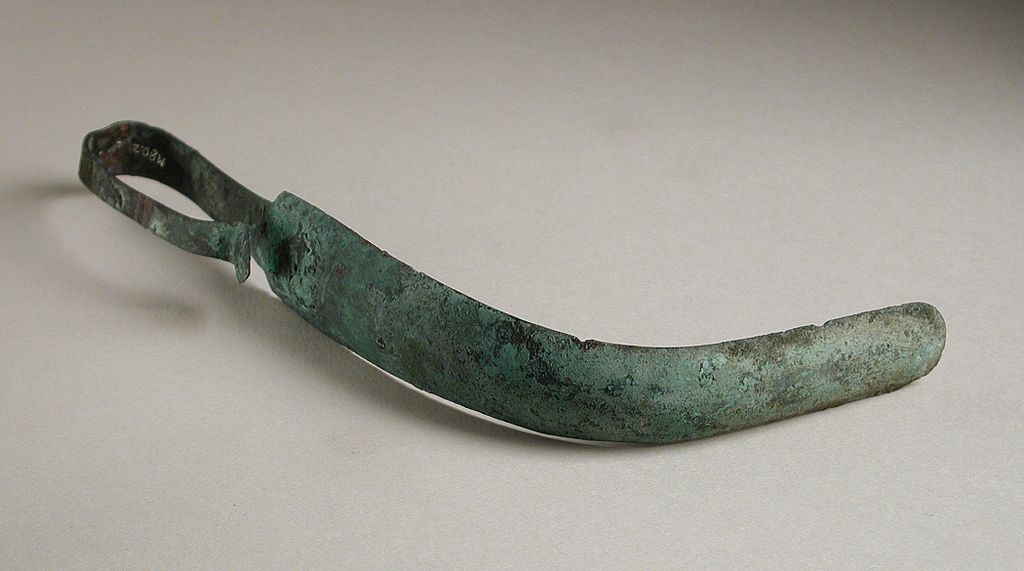 Photo by Unknown Author on Wikimedia Commons
Photo by Unknown Author on Wikimedia Commons
3. The Flaming Colosseum
Contrary to popular belief, naval battles, called "naumachia," were sometimes staged in the Colosseum. If you're wondering how that's possible, the arena would be flooded and ships battled amidst flames and roaring crowds. It sure sounds like a spectacle!
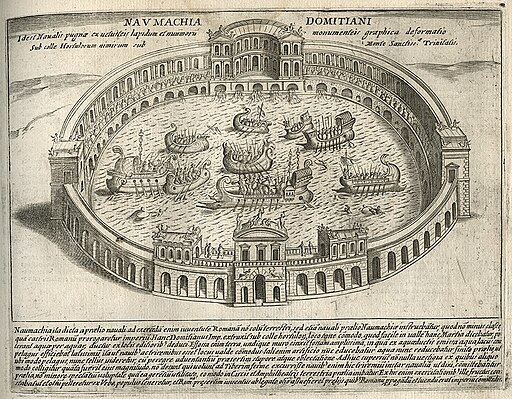 Photo by Lauro, Giacomo on Wikimedia Commons
Photo by Lauro, Giacomo on Wikimedia Commons
4. Gladiators and Vegetables
Many Roman gladiators were known as the "barley men," mainly eating a vegetarian diet consisting of barley, beans, and dried fruit. This healthy plant-based diet is what helped them maintain a healthy physique ready for combat.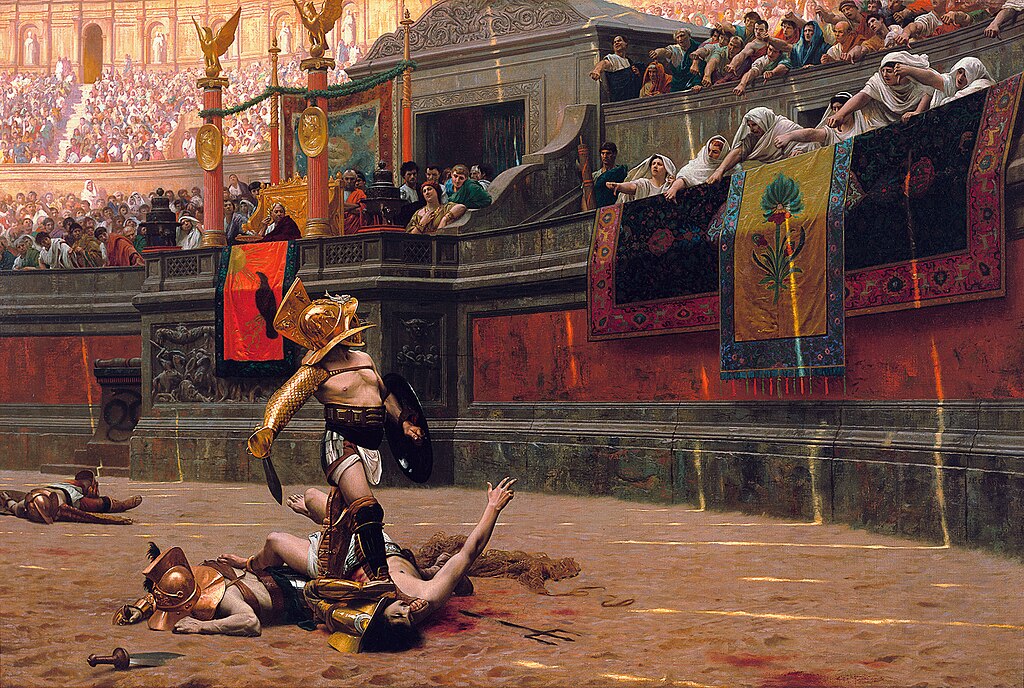 Photo by Jean-Léon Gérôme (1824–1904) via Wikimedia Commons
Photo by Jean-Léon Gérôme (1824–1904) via Wikimedia Commons
5. No Pants Allowed!
Wearing trousers in ancient Rome was considered to be barbaric. Romans predominantly wore togas or tunics, with pants viewed as "uncivilized". Oh, how the times have changed!
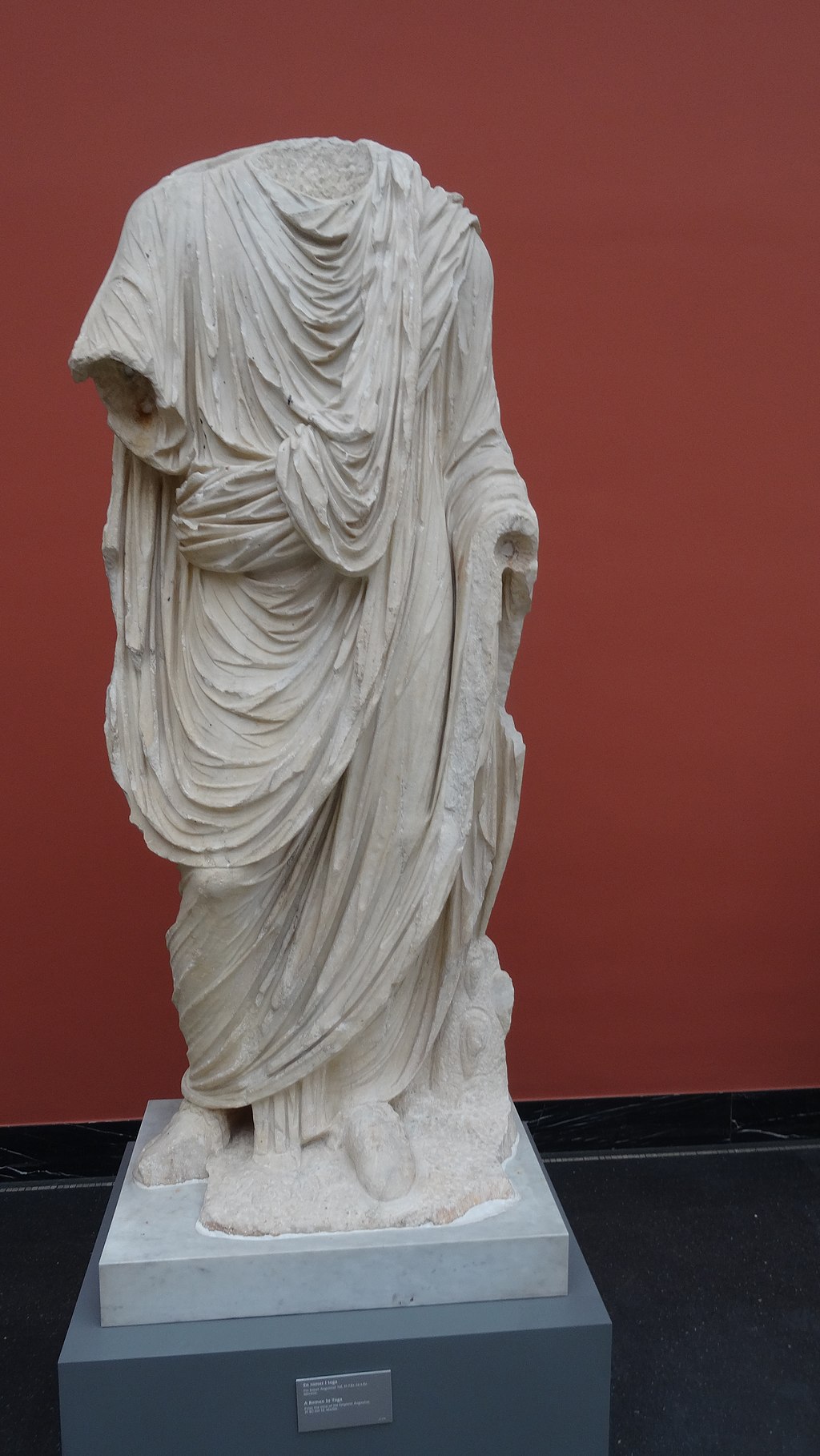 Photo by MumblerJamie on Wikimedia Commons
Photo by MumblerJamie on Wikimedia Commons
6. Whistling Means Death
In a rather serious turn of events, in ancient Rome, whistling could be punishable by death. It was believed back then that some whistles could summon evil spirits, which is why there were strict bans against it. 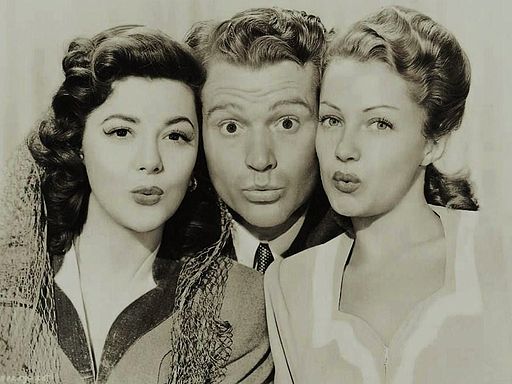 Photo by unknown (MGM) on Wikimedia Commons
Photo by unknown (MGM) on Wikimedia Commons
7. A Salty Salary
Roman soldiers were at times paid just in salt! But don't worry, they weren't being ripped off - salt was a highly valuable commodity back then. In fact, the term "salary" originates from the Latin word "salarium," which refers to a payment made in salt.
 Photo by Faran Raufi on Unsplash
Photo by Faran Raufi on Unsplash
8. Where's the V?
Here's a fun fact: the letter "V" didn't originally exist in Latin. It was the letter "U" that served a dual purpose, being used as both "U" and "V" in writing.
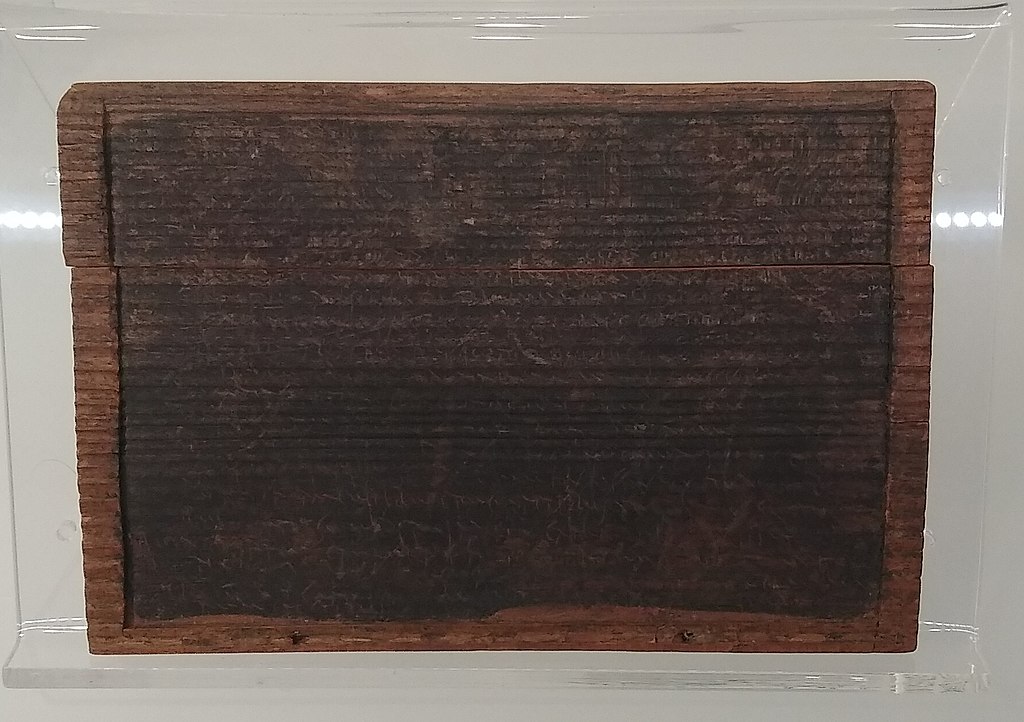 Photo by Mx. Granger on Wikimedia Commons
Photo by Mx. Granger on Wikimedia Commons
9. Imported Delicacies
The Romans loved exotic animals not just for the Colosseum, but also their dining tables. Flamingos, peacocks, and even giraffe meat were considered delicacies that were greatly enjoyed. Photo by rigel on Unsplash
Photo by rigel on Unsplash
10. Amazing Dentistry
Romans were known for their fantastic dental hygiene, even creating and using toothpaste made from ingredients like crushed bones and oyster shells. On the other hand, they also formed a mouthwash consisting of urine due to its ammonia content. Yes, it's absolutely disgusting but we suppose it worked?
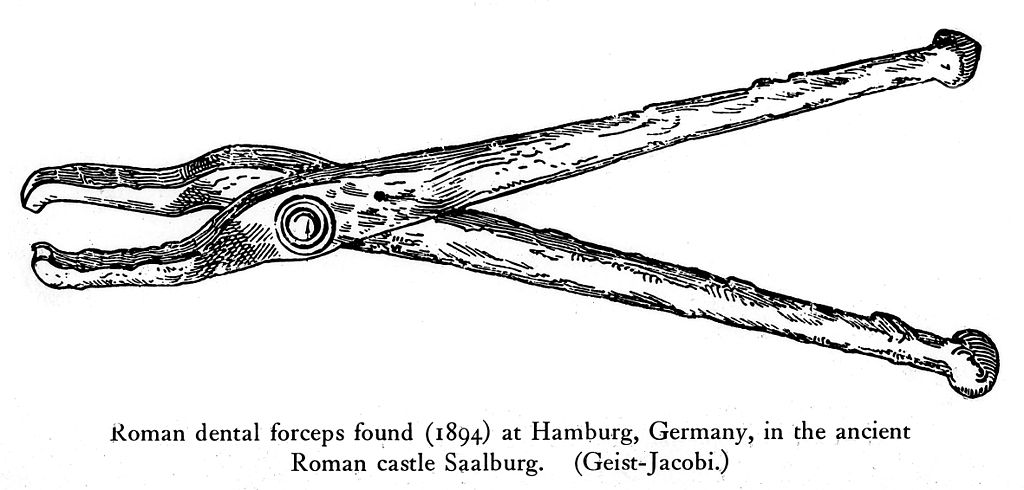 Photo by Unknown Author on Wikimedia Commons
Photo by Unknown Author on Wikimedia Commons
11. Ancient Firefighters
Fires were a problem back in ancient Rome too! To deal with these dangerous accidents, Augustus established a dedicated firefighting crew called the "Vigiles". They not only fought fires, but they also served as a form of city watch or police. They're basically the Avengers, right?
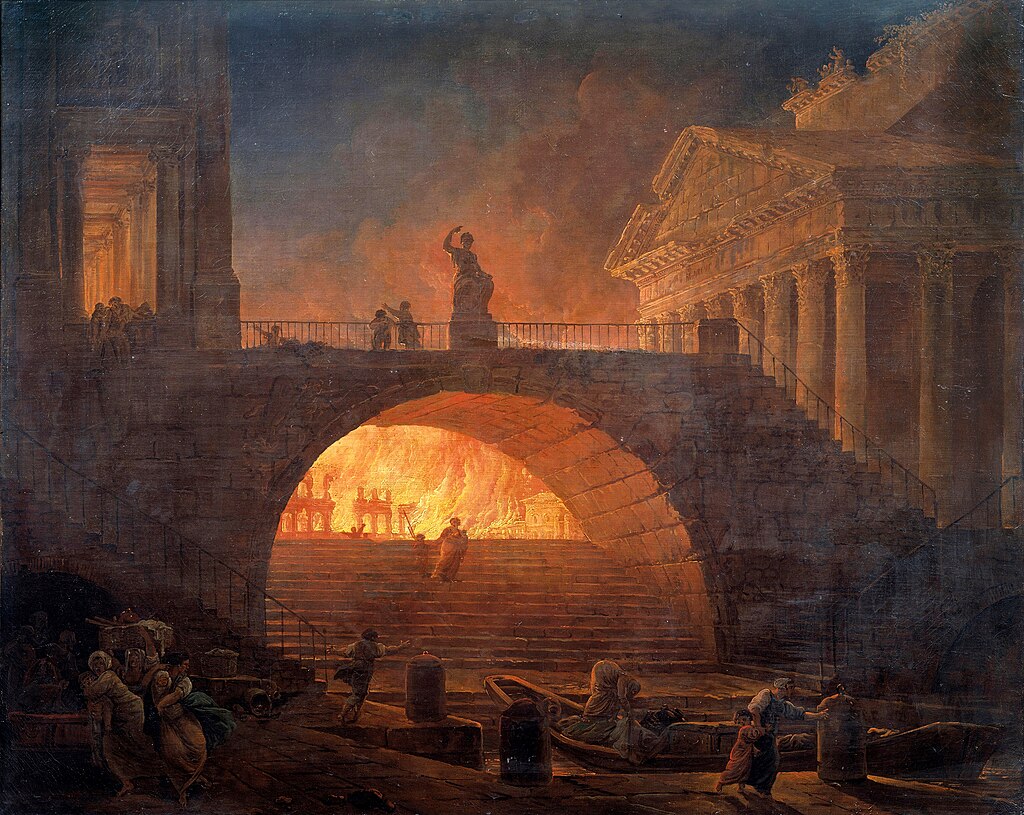 Photo by Hubert Robert (1733–1808) on Wikimedia Commons
Photo by Hubert Robert (1733–1808) on Wikimedia Commons
12. Shoe Status
The colour of your shoes meant a lot back in ancient Rome - it could tell someone everything they need to know about your social status. Senators wore red shoes, while the emperor would wear completely purple ones. Way to show off your royal status!
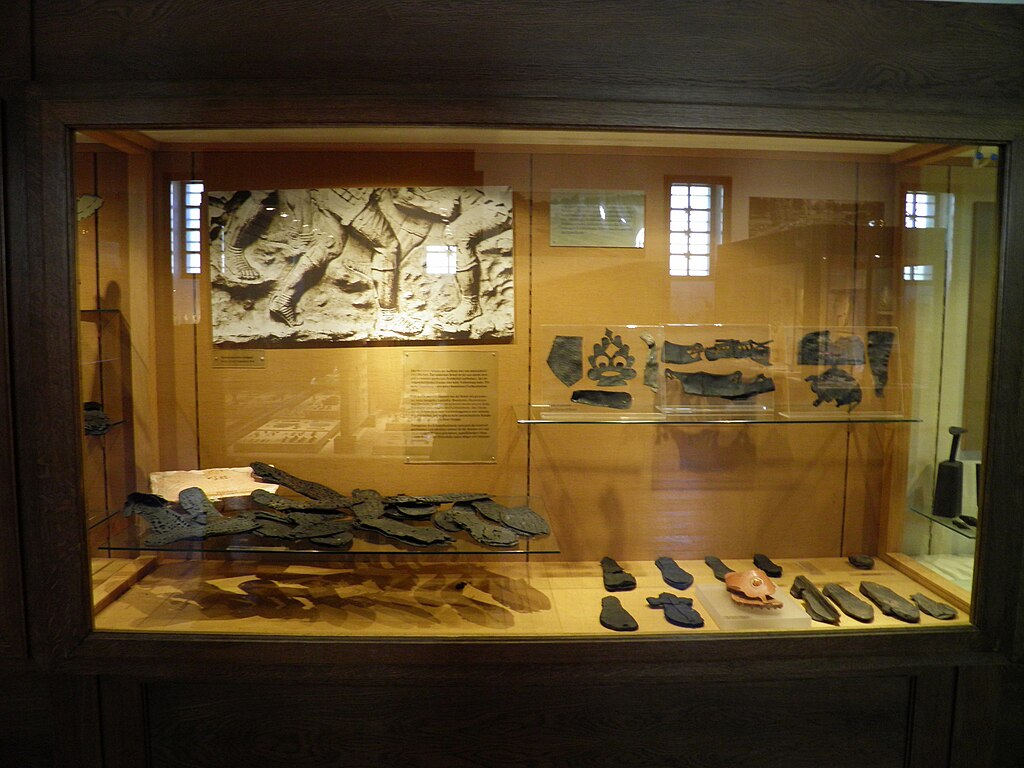 Photo by Carole Raddato from FRANKFURT, Germany on Wikimedia Commons
Photo by Carole Raddato from FRANKFURT, Germany on Wikimedia Commons
13. Blood is the Cure
We have no idea how this came to be, but gladiator blood was believed to be a cure for epilespy and other ailments. Some Romans would drink it straight or buy it to apply as a treatment. Medicine has certainly come a long way.
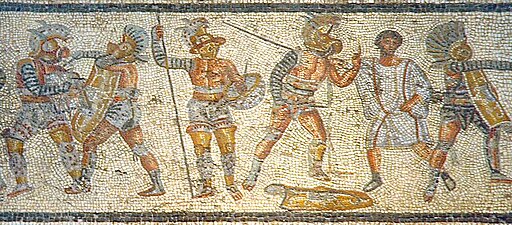 Photo by Unknown Author on Wikimedia Commons
Photo by Unknown Author on Wikimedia Commons
14. Forget About Water!
Wine was a major staple in the Roman diet and was consumed by people of all classes. In fact, drinking wine was so prominent in daily life that drinking water was sometimes looked down upon. We can't imagine how dehydrated the Romans might've been!
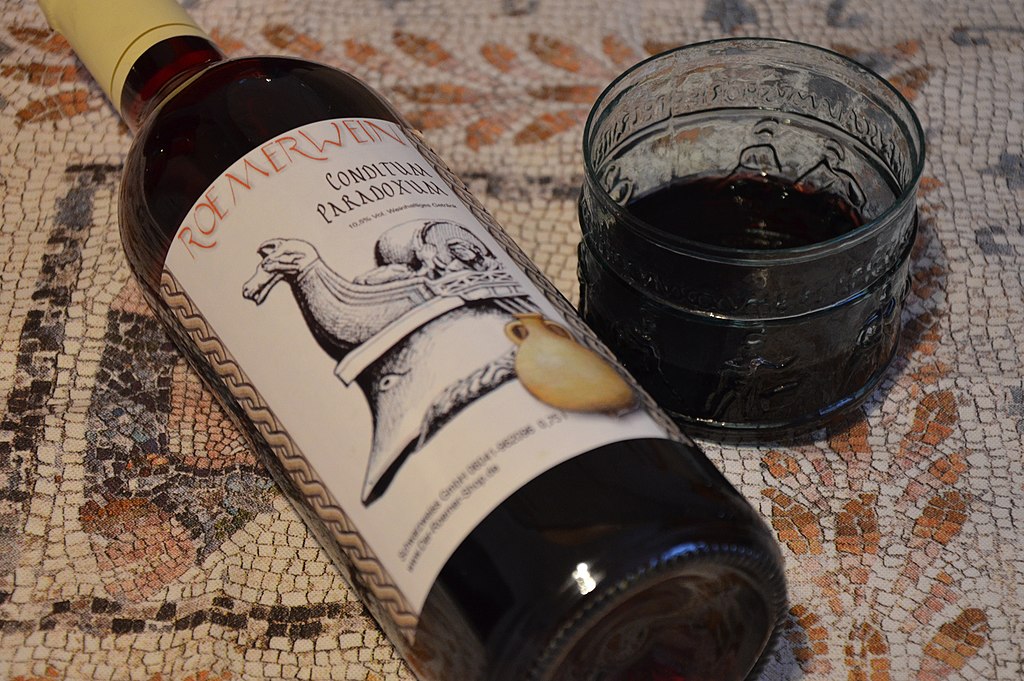 Photo by Carole Raddato from FRANKFURT, Germany on Wikimedia Commons
Photo by Carole Raddato from FRANKFURT, Germany on Wikimedia Commons
15. The Daily Newsletter
The Romans were way ahead of their time and even had a daily gazette called "Acta Diurna" displayed in public places. It's similar to our newspapers, providing news on legal proceedings, public announcements, and even notable marriages. It was a great way to stay in the loop!
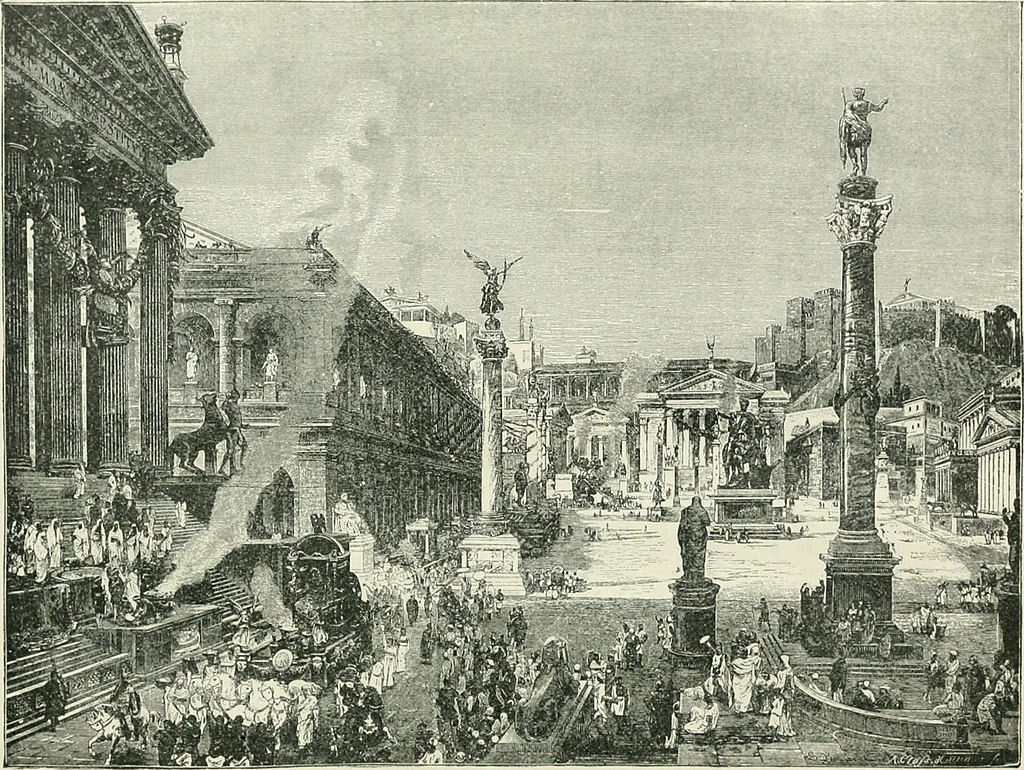 Photo by Lohr, Fr Shumway, Edgar Solomon, ed. (and) tr on Wikimedia Commons
Photo by Lohr, Fr Shumway, Edgar Solomon, ed. (and) tr on Wikimedia Commons
16. Fertility Festivals
Every February, Romans would celebrate a festival called Lupercalia. It's a day meant for ensuring fertility, where men would strip naked and sacrifice a goat to please the God of Fertility. There weren't any chocolate and flowers involved, but it's believed that this tradition (somehow) influenced modern Valentine's Day celebrations.
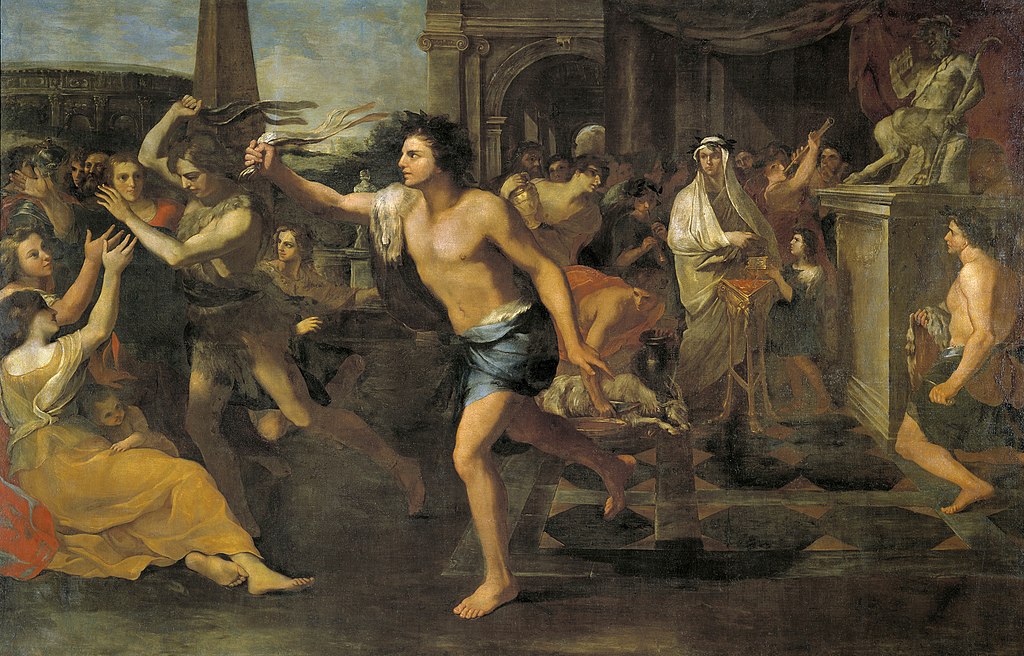 Photo by Andrea Camassei (1602–1649) on Wikimedia Commons
Photo by Andrea Camassei (1602–1649) on Wikimedia Commons
17. Roman Tattoos
Tattooing existed in the Roman Empire, but it was mainly used to mark criminals and slaves. Soldiers also sometimes got tattoos as symbols of loyalty to their units.
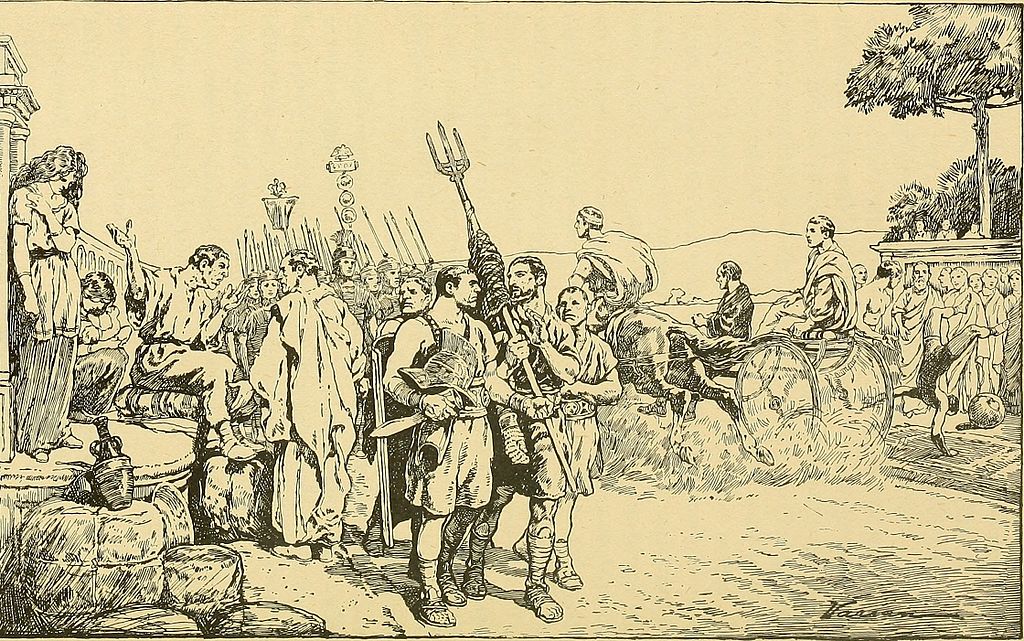 Photo by Wolfson, Arthur Mayer, 1873 on Wikimedia Commons
Photo by Wolfson, Arthur Mayer, 1873 on Wikimedia Commons
18. Ancient Shopping Malls
The Romans built the world's first shopping mall, known as Trajan's Market, during Emperor Trajan’s reign. It had multiple levels with various shops and offices, much like today's malls.
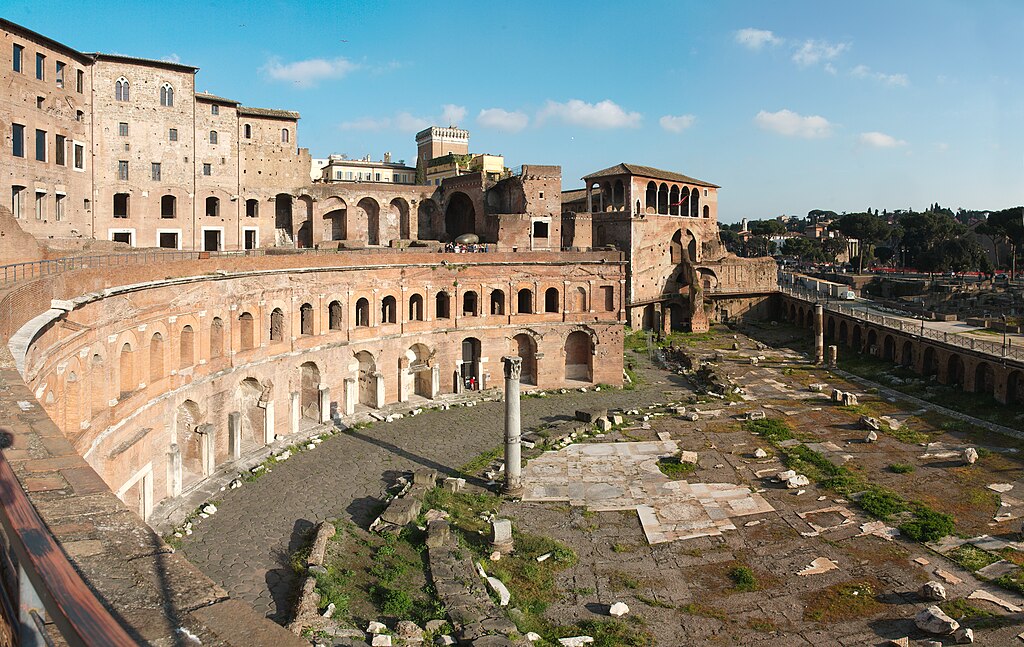 Photo by User:MatthiasKabel on Wikimedia Commons
Photo by User:MatthiasKabel on Wikimedia Commons
19. A Peaceful Reign
During the reign of Antoninus Pius, he was able to accomplish an amazing feat - a peaceful reign that lasted 23 years with no rebellions or military operations. Given what we usually hear about the Roman Empire, that's a pretty cool fact!
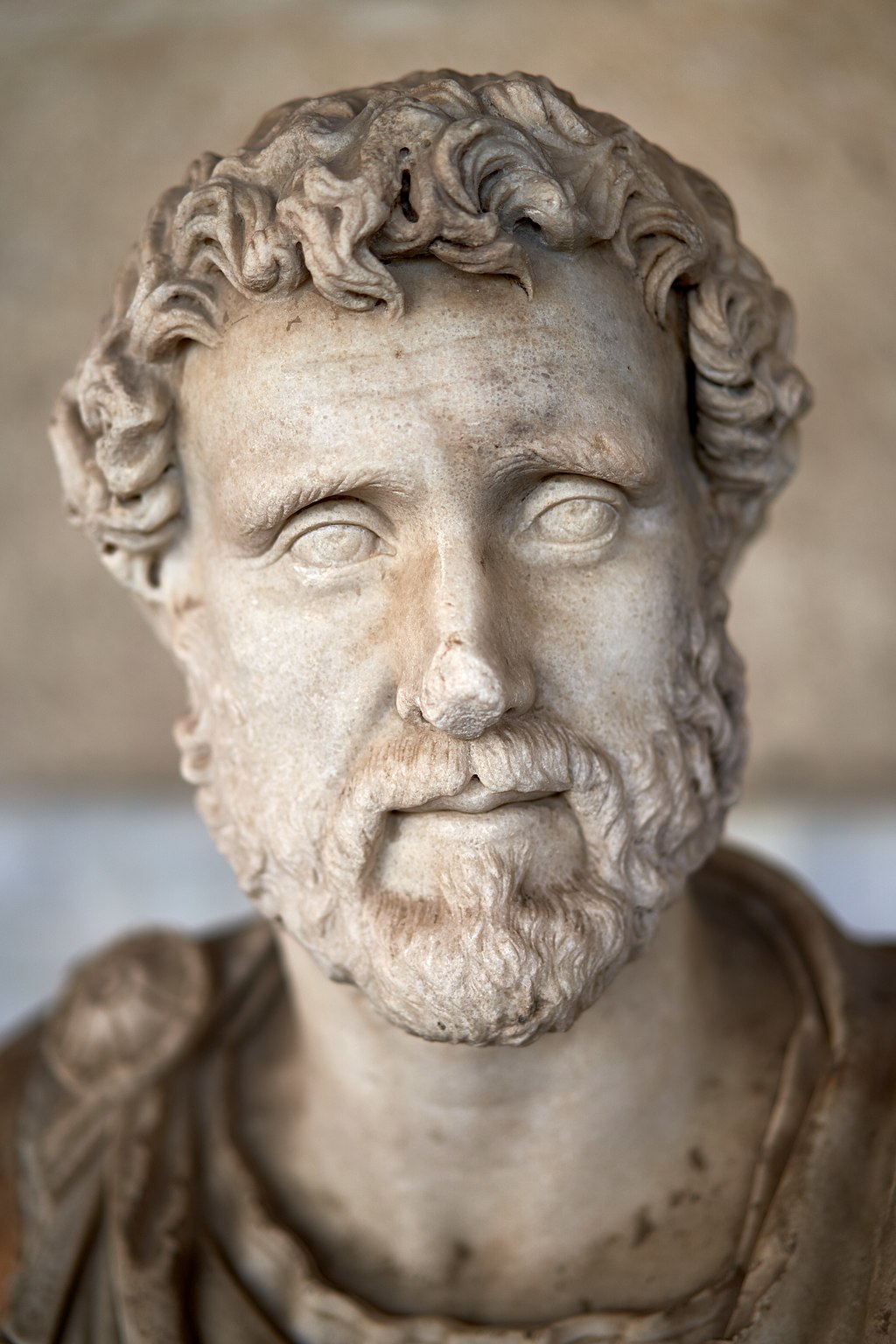 Photo by George E. Koronaios on Wikimedia Commons
Photo by George E. Koronaios on Wikimedia Commons
20. A Dying Population
At its height, Rome's population was over a million people! But by the Middle Ages, this had dwindled to just around 20,000 due to invasions, disease, and economic decline.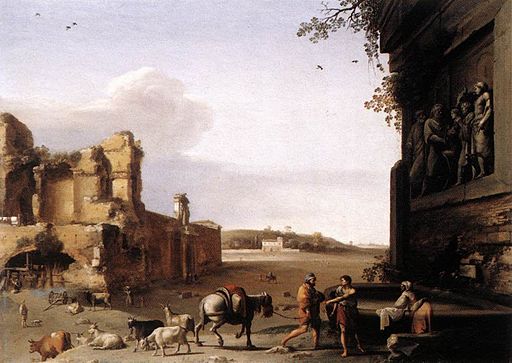 Photo by Cornelius van Poelenburgh (1594/1595–1667) on Wikimedia Commons
Photo by Cornelius van Poelenburgh (1594/1595–1667) on Wikimedia Commons
21. Naming the Weekdays
Here's another way the Roman Empire has impacted our daily lives: the Roman calendar contributed to our days of the week. For instance, Saturday is named after Saturn ("Saturn's Day"), and Sunday was the "day of the Sun." 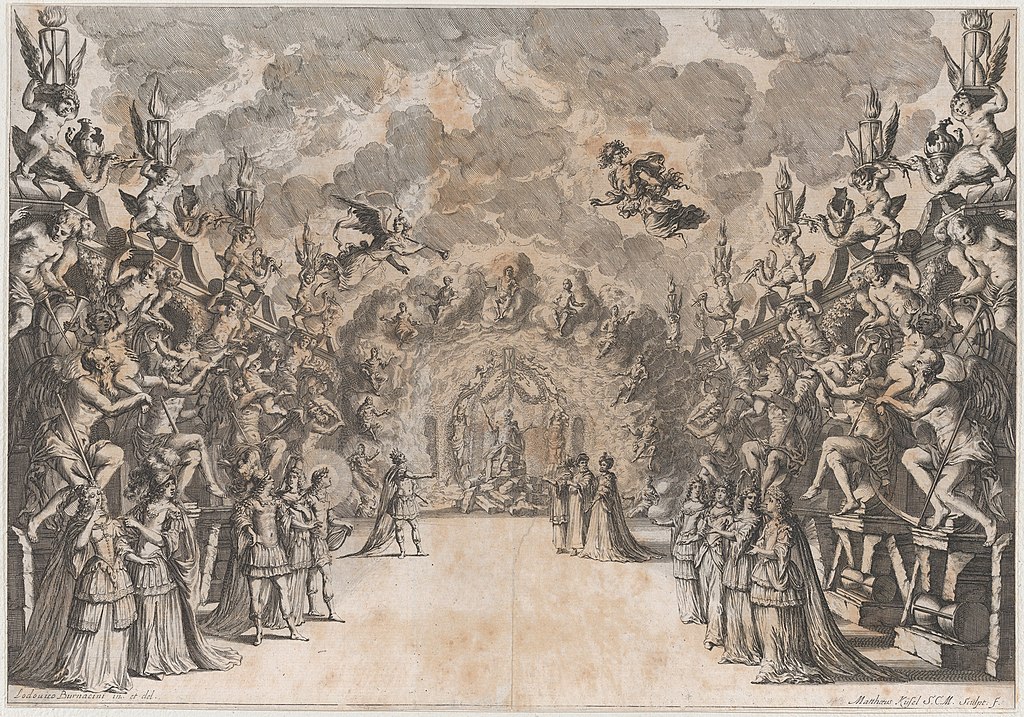 Photo by Mathäus Küsel on Wikimedia Commons
Photo by Mathäus Küsel on Wikimedia Commons
22. The Power of Purple
The color purple was associated with power and wealth in Rome. Extracting the dye from a specific sea snail was expensive, making the color exclusive to the elite. So if you're a fan of the colour purple, seems like you've got good taste! Photo by Luke Chesser on Unsplash
Photo by Luke Chesser on Unsplash
23. The Poison Prevention Squad
Some Roman emperors, paranoid of being poisoned, employed food tasters. They'd taste meals before the emperor did, ensuring it was safe to eat. Sometimes, it never hurts to double check!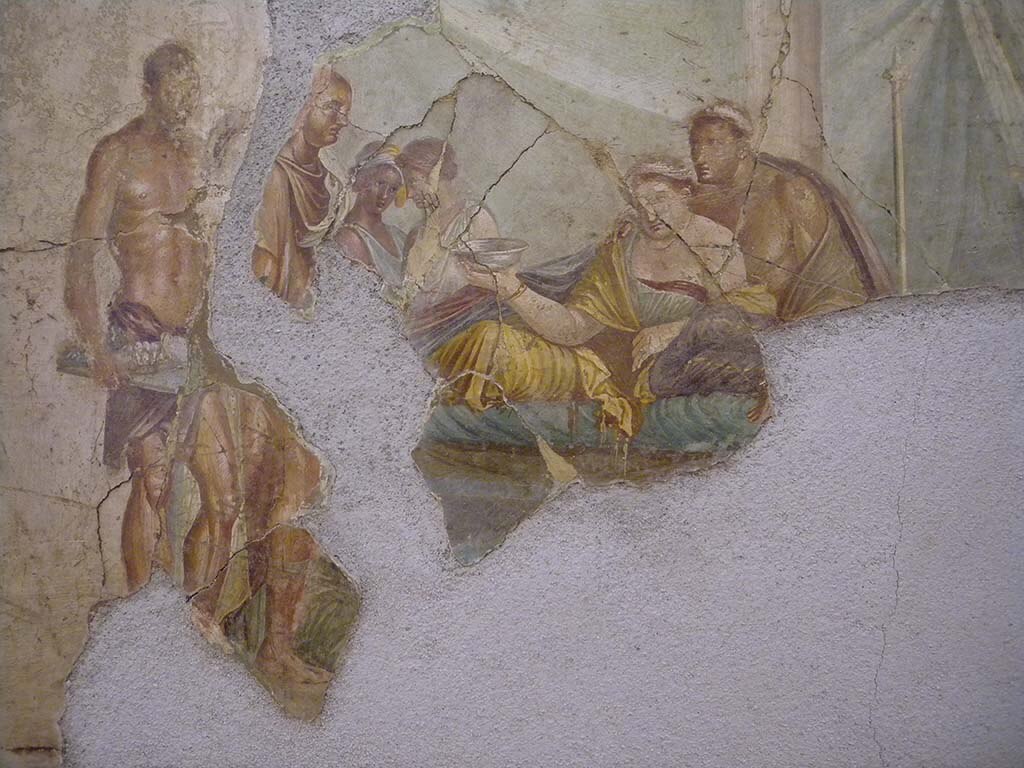 Photo by Ancient Roman painter(s) on Wikimedia Commons
Photo by Ancient Roman painter(s) on Wikimedia Commons
24. Fast Food Existed Way Back Then!
"Thermopolia" were ancient Roman fast-food establishments. Busy city-dwellers could purchase ready-to-eat food, similar to our modern takeaway restaurants. Looks like people wanted quick and easy options way back then too!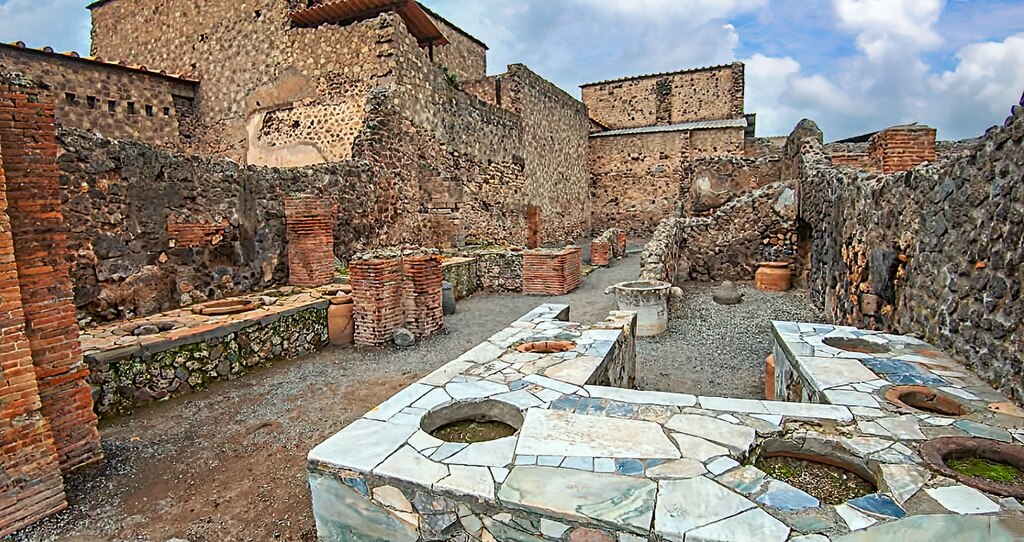 Photo by Isaac Harjo of ProWalk Tours on Wikimedia Commons
Photo by Isaac Harjo of ProWalk Tours on Wikimedia Commons
25. Weird Cosmetics Concoctions
Roman women, like today, valued beauty and would use various cosmetics to change their appearance. Even resorting to using lead-based foundation or ant egg facial treatments, it's safe to say they took beauty is pain to another level.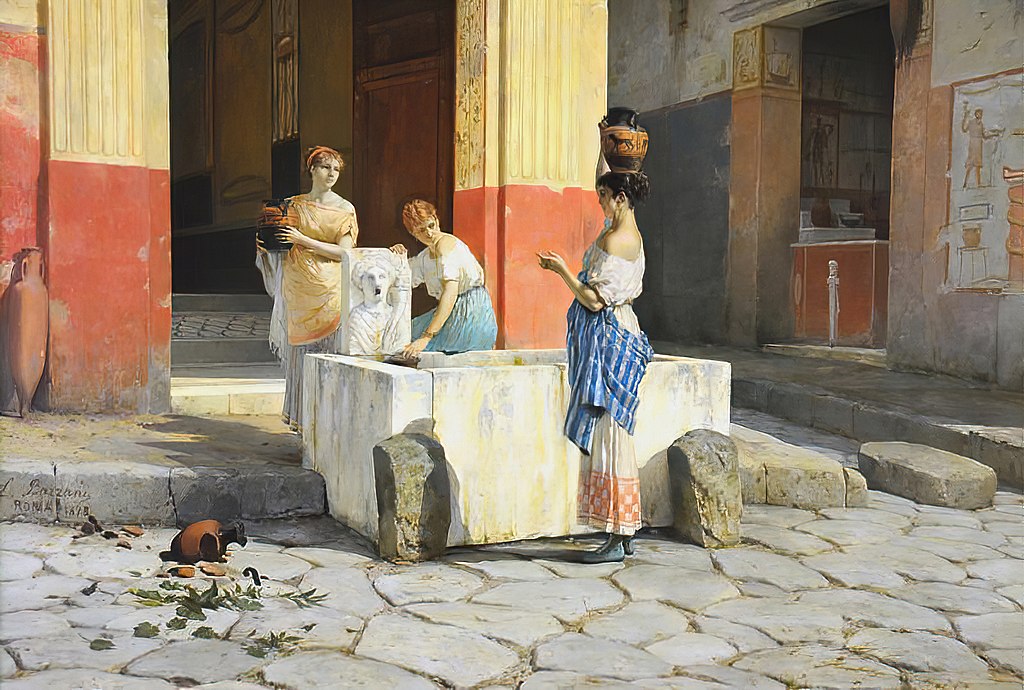 Photo by Luigi Bazzani on Wikimedia Commons
Photo by Luigi Bazzani on Wikimedia Commons
26. Unibrows in Style?!
Different from today's standards, unibrows were considered a sign of intelligence and beauty in ancient Rome. Women would either paint them on or use hairpieces to create the desired connected brow look.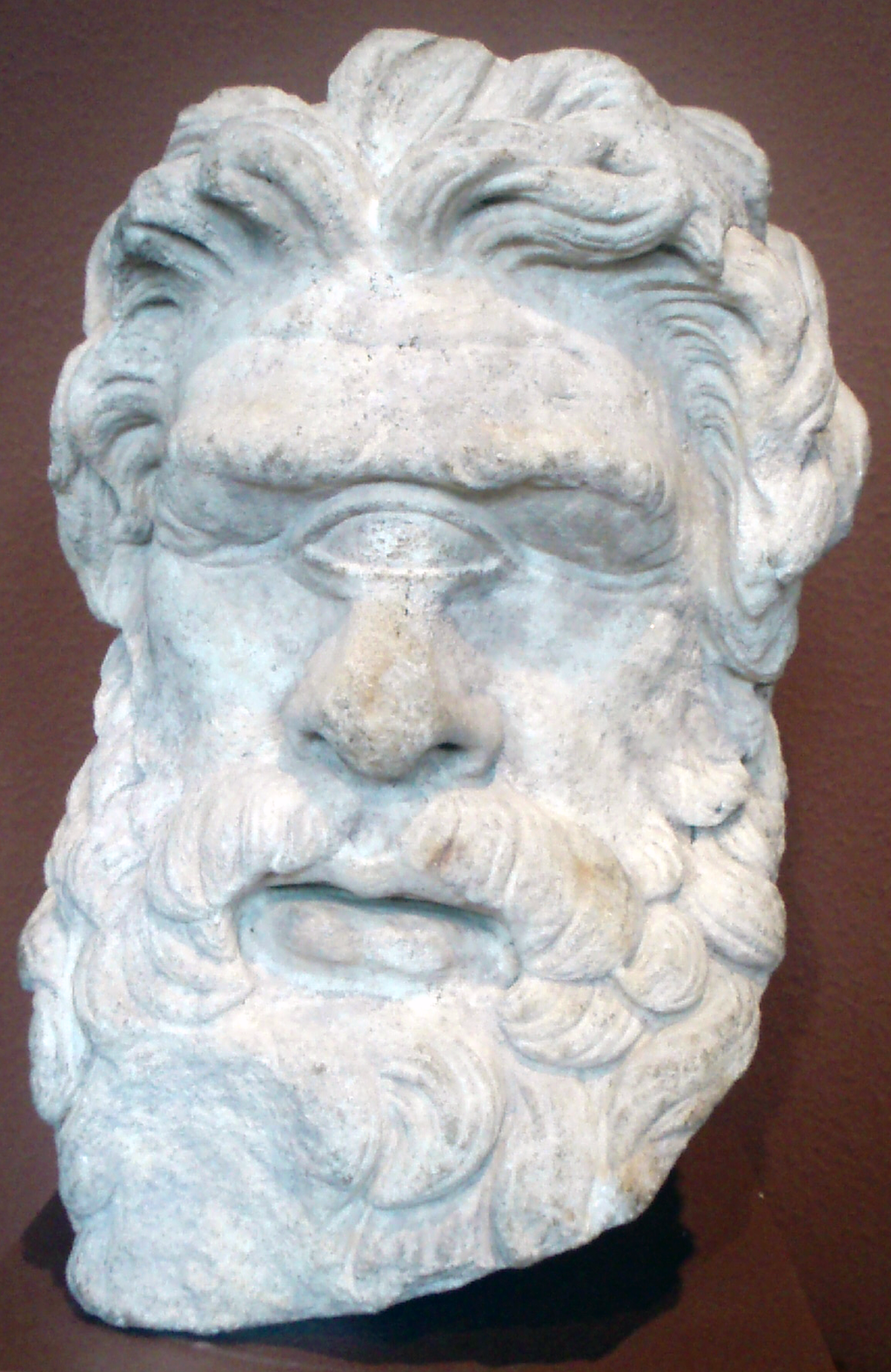 Photo by Captmondo on Wikimedia Commons
Photo by Captmondo on Wikimedia Commons
27. First is Always Best
Augustus was ancient Rome's first ever emperor, and he did the job so well, the Romans declared him a god after his passing. He was so successful the Augustan age was named after him, and he was able to create a peaceful period (called the Pax Romana) that lasted a whole two centuries. That definitely sounds god-like!
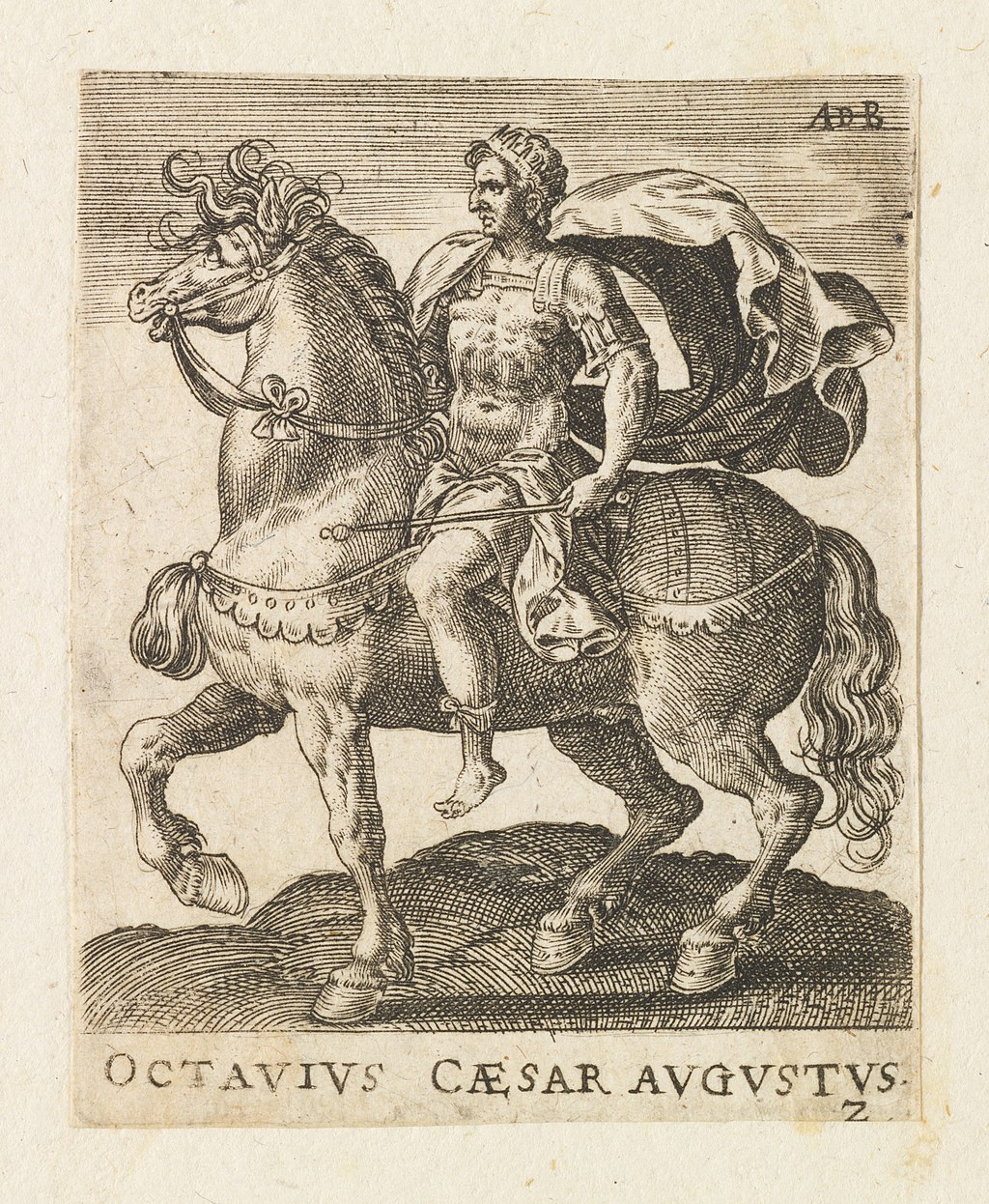 Photo by Abraham de Bruyn on Wikimedia Commons
Photo by Abraham de Bruyn on Wikimedia Commons
28. A Love for Burgers
Looks like some things never change - the Romans enjoyed a dish resembling a modern-day hamburger. Made of minced meat, pepper, wine-soaked bread, and pine nuts, it was shaped into a patty and roasted.
 Photo by Ilya Mashkov on Unsplash
Photo by Ilya Mashkov on Unsplash
29. The Key to Secret Messages
Pliny the Elder was a Roman author who wrote about the use of milk as invisible ink. When the milk dried, the message written down would disappear, only to be revealed when heated. Pretty neat, eh?
 Photo by Felix E. Guerrero on Wikimedia Commons
Photo by Felix E. Guerrero on Wikimedia Commons
30. A Wig's Status
While Roman men showed their status by the color of their shoes, Roman women wore different coloured wigs to indicate their social status. For instance, blonde wigs, often made from the hair of Germanic slaves, were especially fashionable.
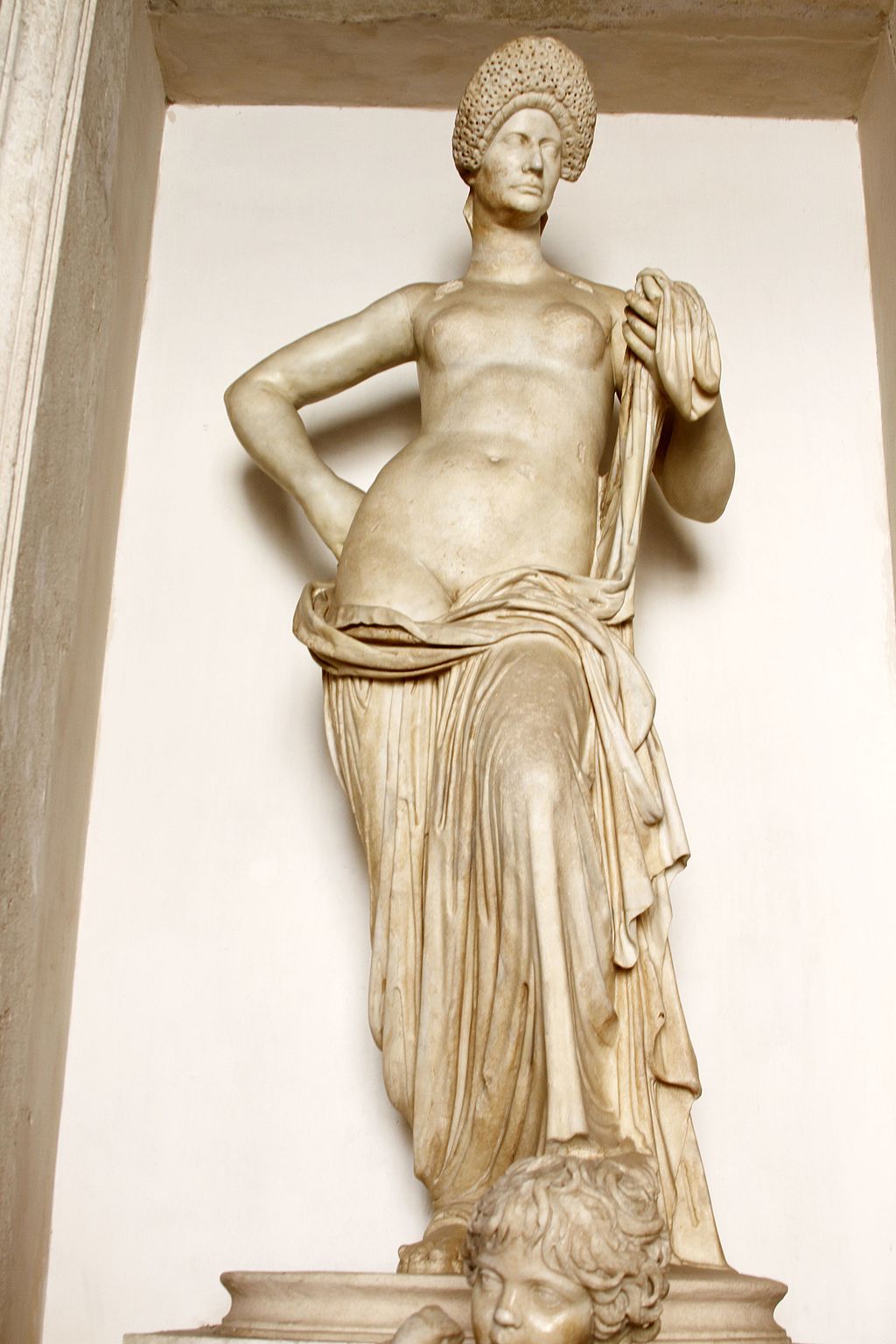 Photo by Jose Luiz on Wikimedia Commons
Photo by Jose Luiz on Wikimedia Commons
31. A City of Marble
Augustus, the first Roman emperor, has famously been noted to say he found Rome a city of brick and left it a city of marble. Whether this is true or not, it's difficult to say. But, it's been said he initiated multiple construction projects, transforming the cityscape into the grand spectacle it was.
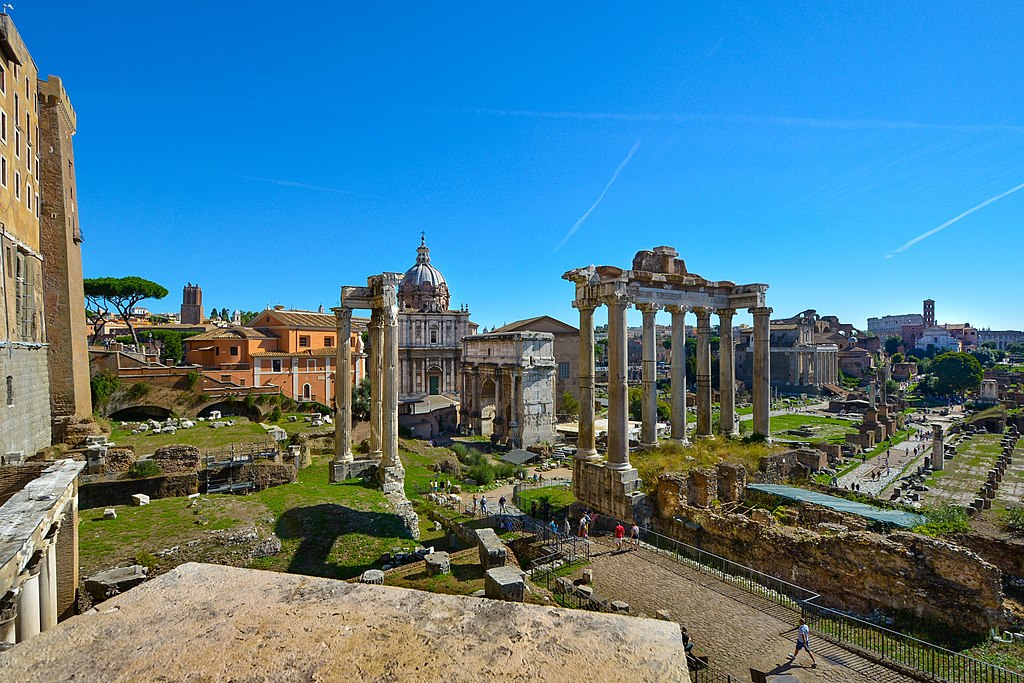 Photo by Kirk F on Wikimedia Commons
Photo by Kirk F on Wikimedia Commons
32. Exotic Ice Cream Flavours
Romans enjoyed early versions of ice cream and snow chilled with flavors. Emperor Nero reportedly sent runners into the mountains to retrieve snow, which was then flavored with fruits and juices.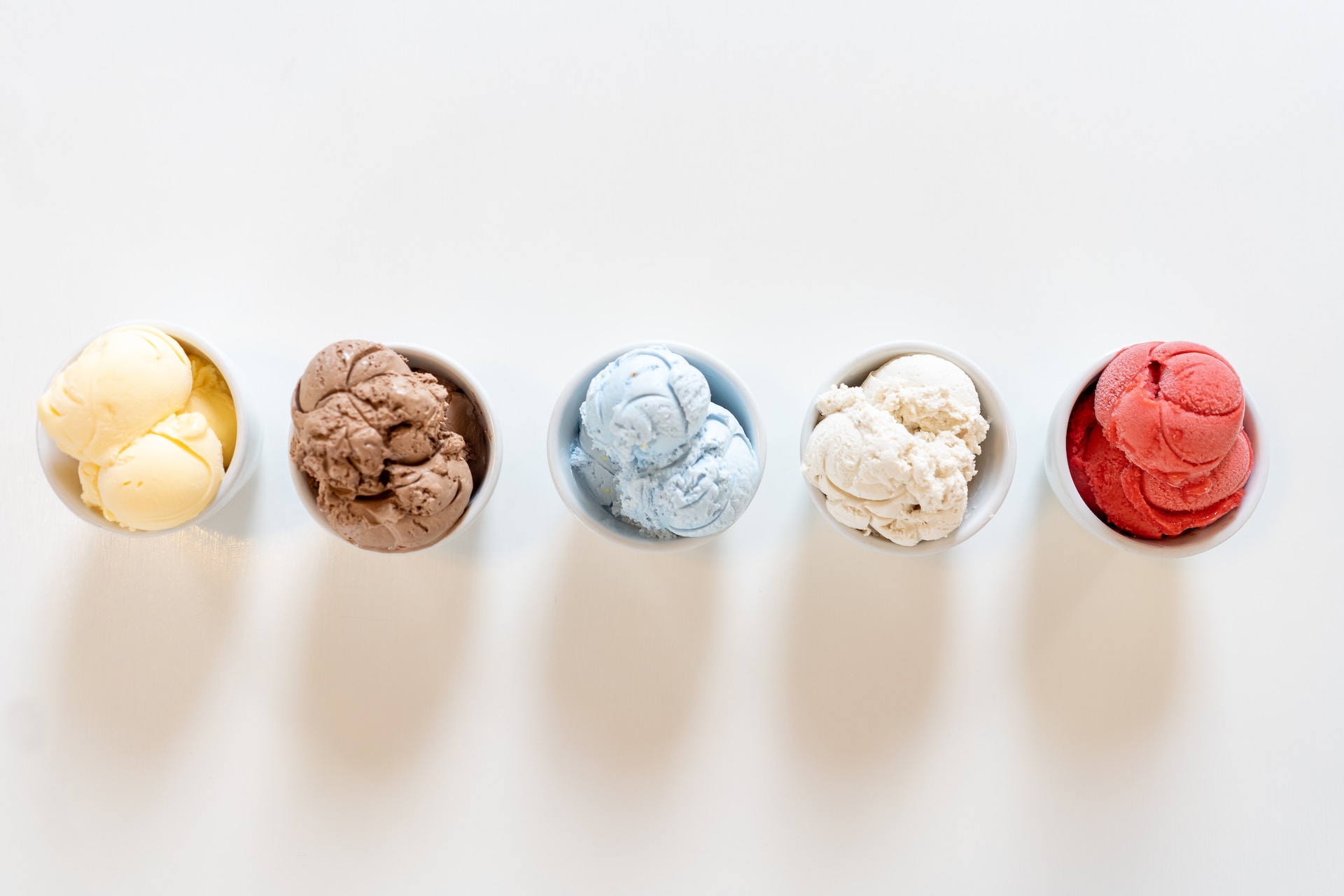 Photo by Courtney Cook on Unsplash
Photo by Courtney Cook on Unsplash
33. An Early Banking System
Romans had shockingly complex banking systems, including "mensae argentarioe" or silver banks. Clients could keep deposits, take loans, or even transfer money.
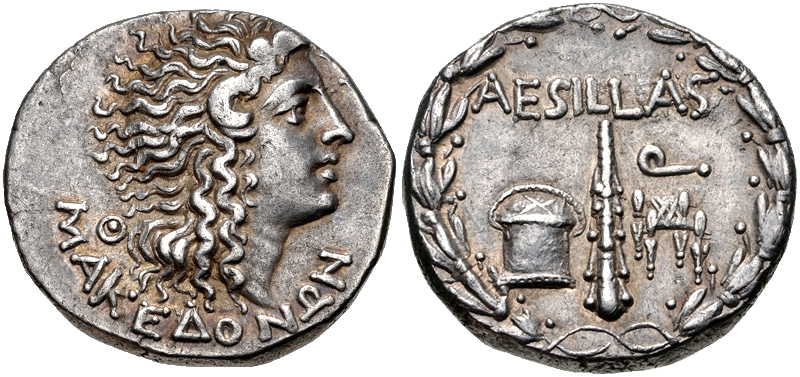 Photo by EttuBruta on Wikimedia Commons
Photo by EttuBruta on Wikimedia Commons
34. Stinky Perfumes
While Romans loved perfumes, the methods to make some of these fragrances were less than appealing. For instance, a popular ingredient was the glandular secretions from certain animals, especially the musk deer. Is it even possible for that to smell nice? Photo by Ulysse Pointcheval on Unsplash
Photo by Ulysse Pointcheval on Unsplash
35. A Rather Dangerous Position
Out of all the Roman emperors to ever exist, only 20 of them died a natural death. Sadly, 23 were assassinated during their reign, while 8 were suspected to have been assassinated. On the other hand, 5 were forced to commit suicide, 9 bravely died in battle, and 3 were executed for their wrongdoings.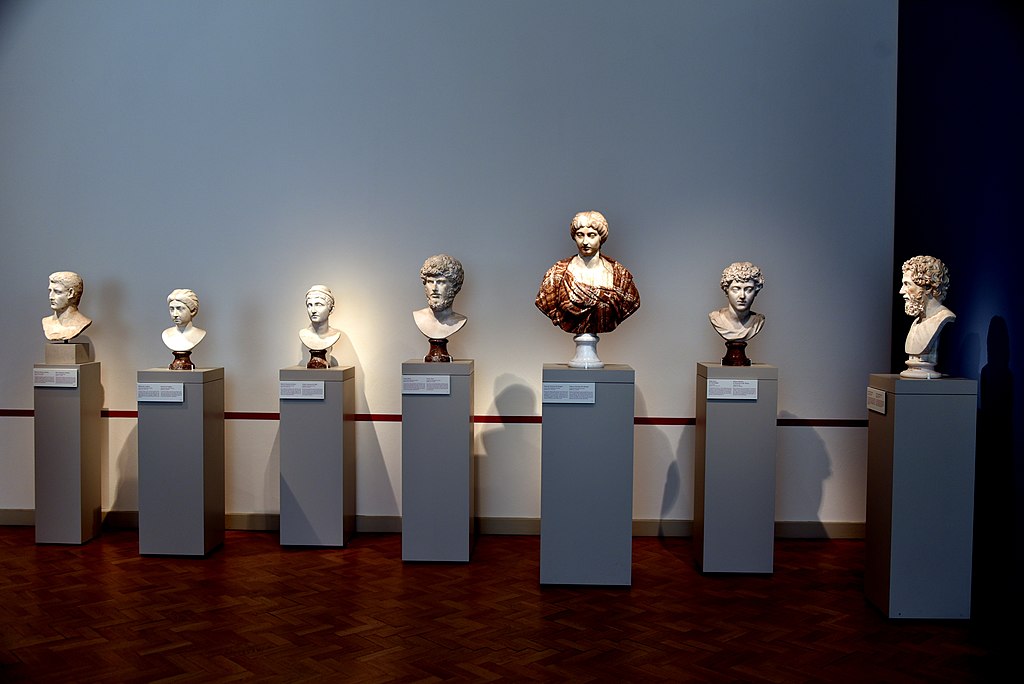 Photo by Osama Shukir Muhammed Amin FRCP(Glasg) on Wikimedia Commons
Photo by Osama Shukir Muhammed Amin FRCP(Glasg) on Wikimedia Commons
36. The Scandalous Belly Button
Romans considered belly buttons to be scandalous. When statues depicted nudes, artists often avoided detailing this particular feature to maintain decency. So if you're ever looking at a Roman statue and wondering where the belly button is, this is why.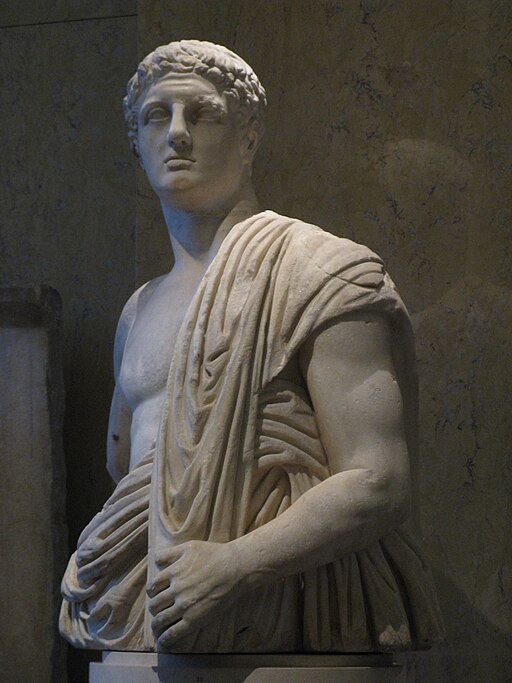 Photo by Yair Haklai on Wikimedia Commons
Photo by Yair Haklai on Wikimedia Commons
37. God of the...Sewers?
Cloacina was the Roman goddess of the sewer system. It’s a testament to how the Romans revered and personified almost every aspect of their life, including sanitation.
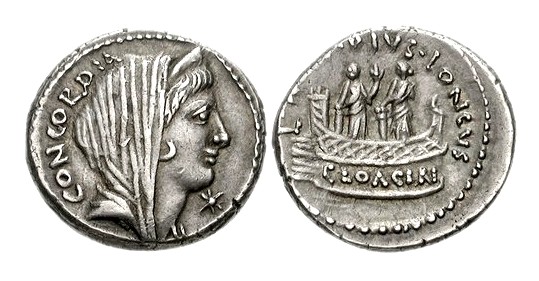 Photo by CNG on Wikimedia Commons
Photo by CNG on Wikimedia Commons
38. A Massive Empire
At the height of their power and glory, Roman Emperors ruled over a massive amount of land that covered one sixth of the earth's surface. This was a population of almost 60 million people! And that's including over a million people living in the city of Rome itself. Truly a large feat.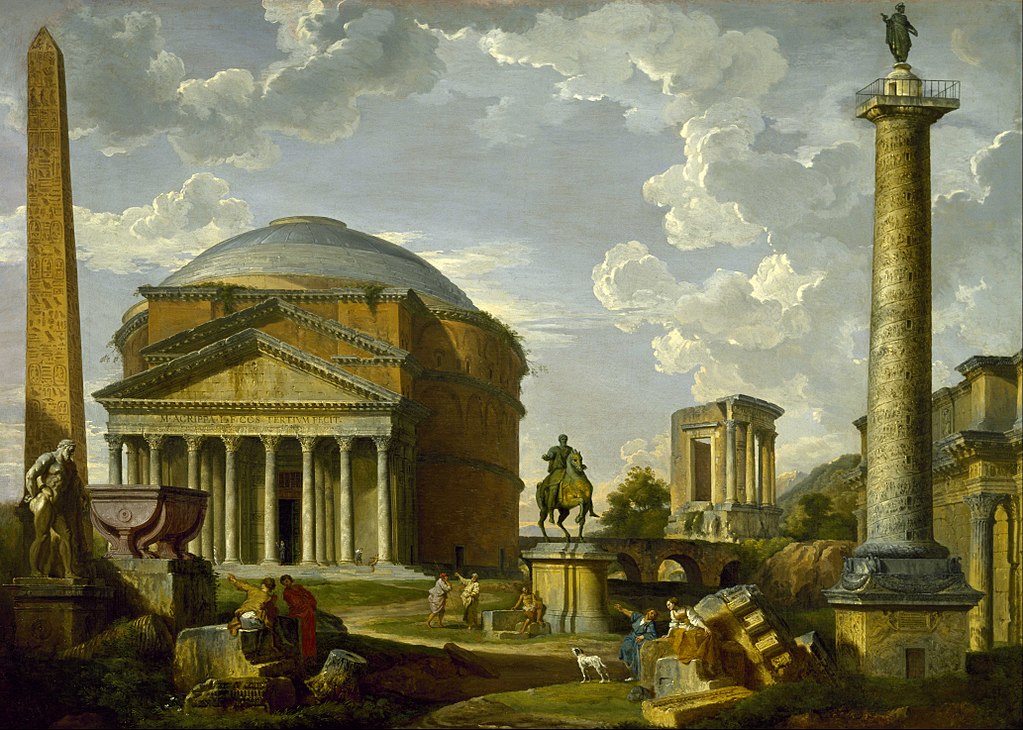 Photo by Giovanni Pauolo Panini on Wikimedia Commons
Photo by Giovanni Pauolo Panini on Wikimedia Commons
39. The Longest Battle
The wars between the Romans and the Persians were a long one - it lasted a total of 721 years, also known as the longest conflict ever in human history. Don't worry though, it wasn't a constant bloodbath. In fact, it was more of a longstanding stalemate if anything.
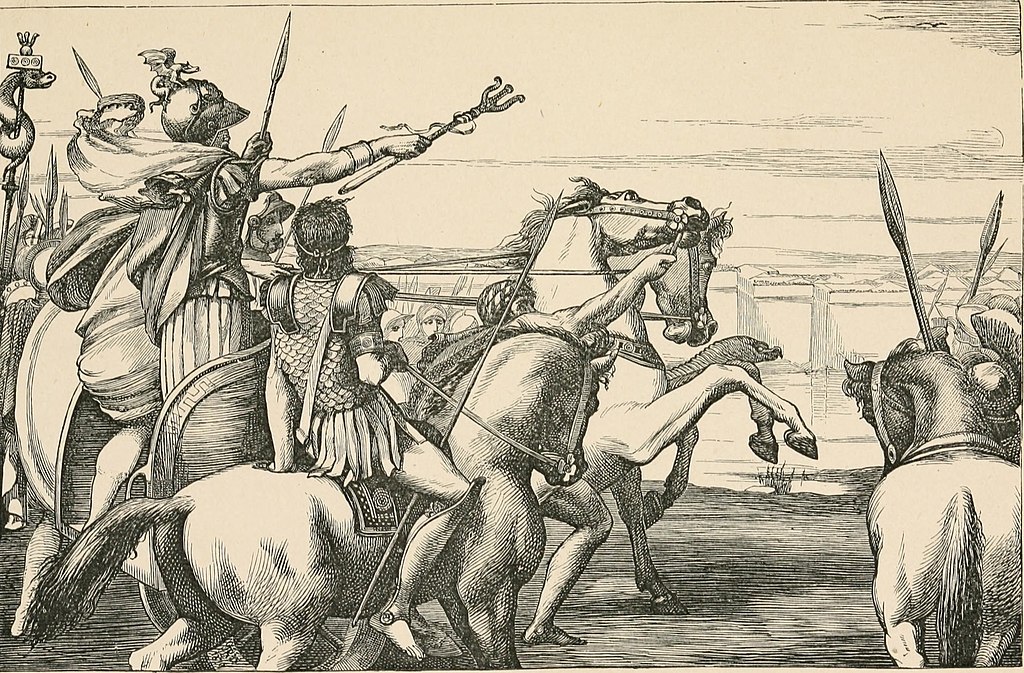 Photo by Macaulay, Thomas Babington Macaulay, Baron, 1800-1859 on Wikimedia Commons
Photo by Macaulay, Thomas Babington Macaulay, Baron, 1800-1859 on Wikimedia Commons
40. Mobile Libraries
The Romans were so innovative for their time. To make knowledge more accessible, there were mobile libraries in Rome. Books (or scrolls) were transported in carts around the city, enabling wider access to literature.
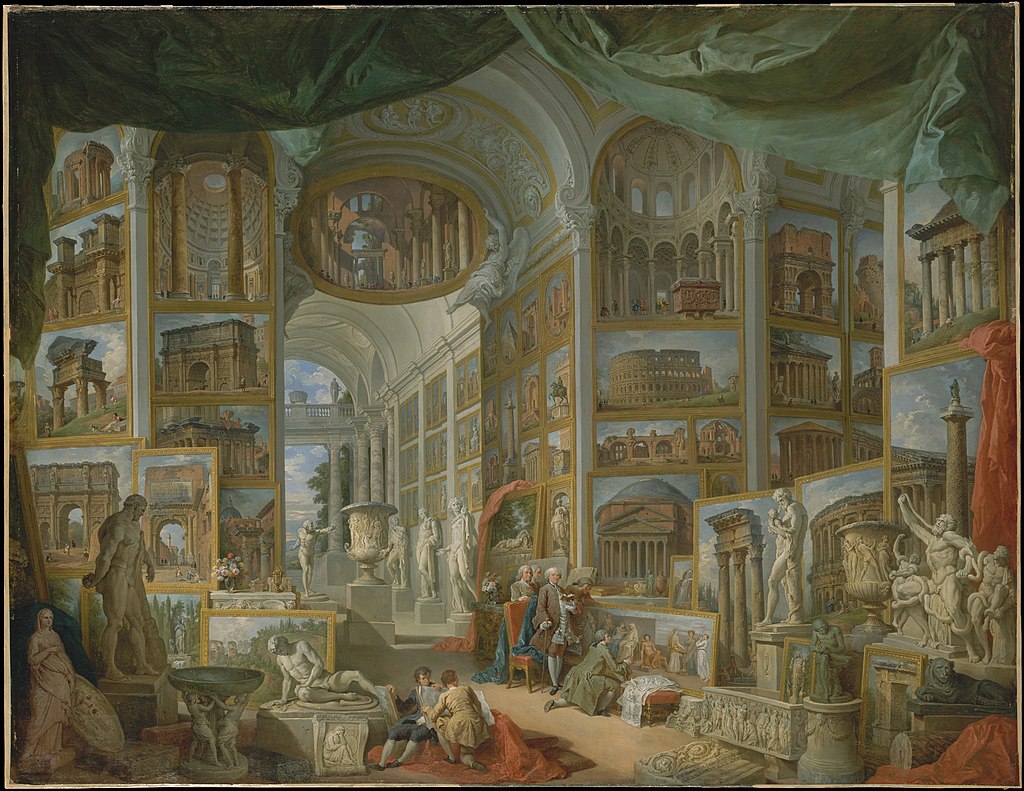 Photo by Giovanni Paolo Panini on Wikimedia Commons
Photo by Giovanni Paolo Panini on Wikimedia Commons
41. Social Media: The Ancient Way
Romans had a form of social networking called "album." Individuals would inscribe messages or news on white boards placed outside their homes, sharing updates with passersby.
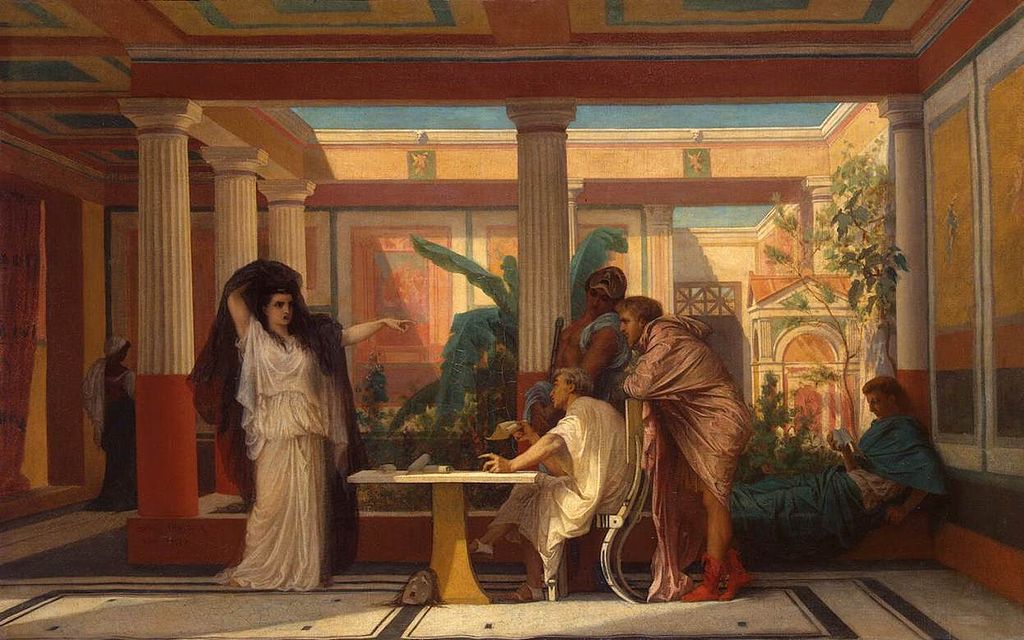 Photo by Gustave Boulanger on Wikimedia Commons
Photo by Gustave Boulanger on Wikimedia Commons
42. Did the Romans Recycle?
At Monte Testaccio in Rome, there's a huge mound composed of broken amphorae (containers). This is evidence of early recycling where Romans would discard and sometimes repurpose used containers.
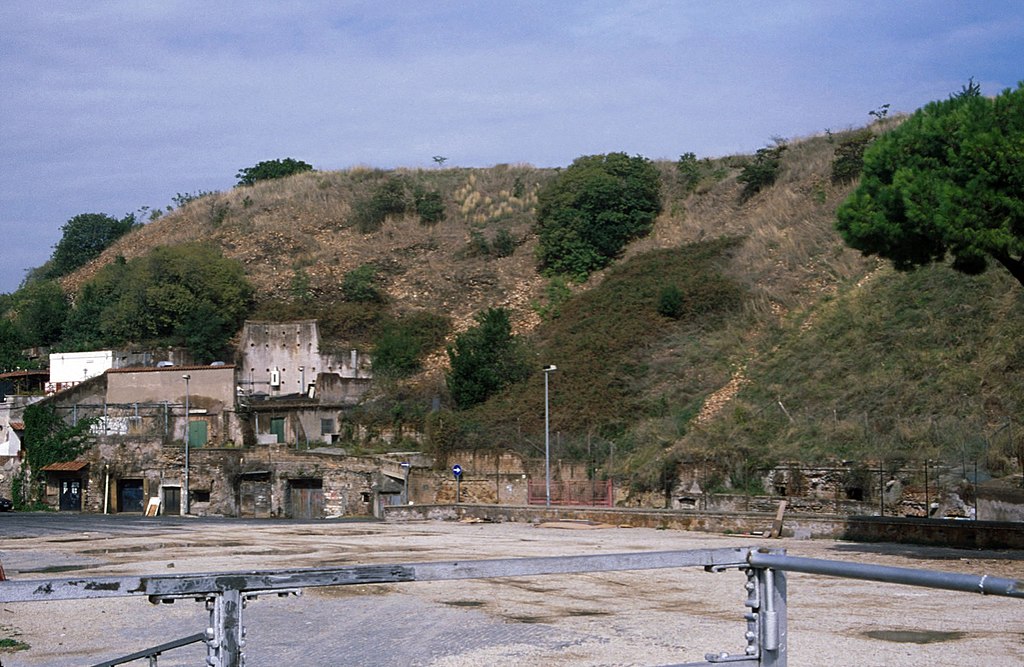 Photo by Tyler Bell on Wikimedia Commons
Photo by Tyler Bell on Wikimedia Commons
43. A New Location for the Government
You would think the Roman government would be located in Rome itself, but that isn't always the case. Emperor Constantine moved the capital to Byzantium (later renamed Constantinople and now Istanbul) in 330 AD, making it the new center of Roman politics.
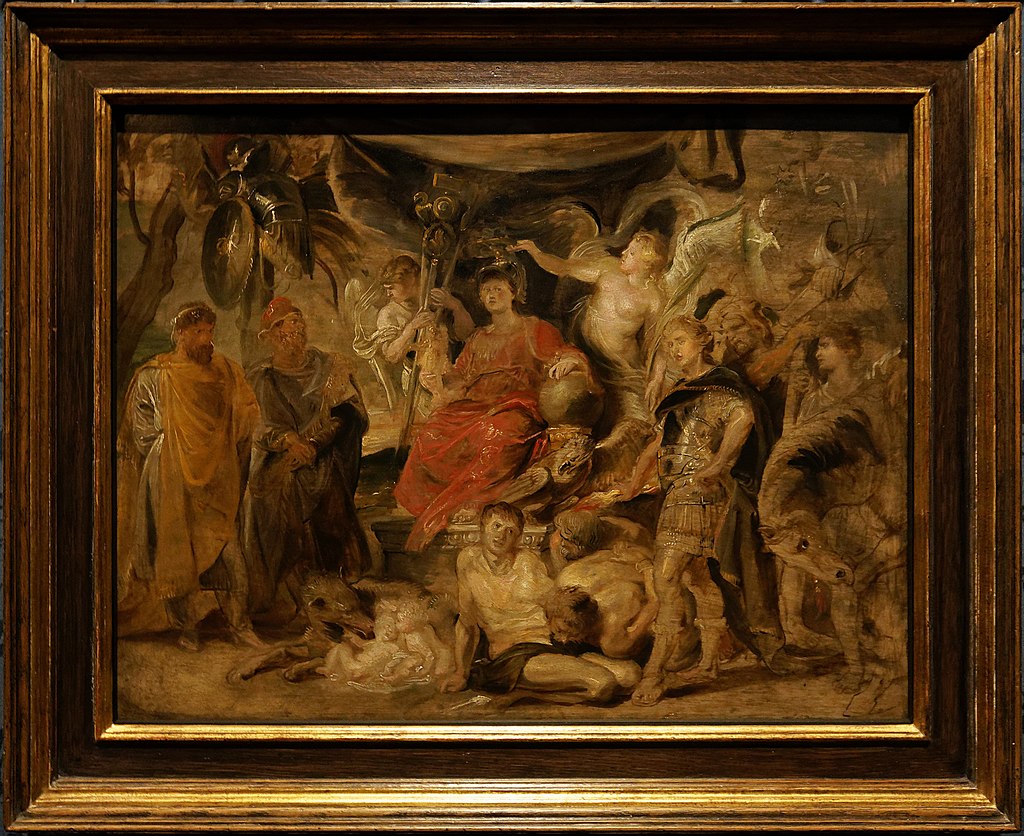 Photo by Peter Paul Rubens on Wikimedia Commons
Photo by Peter Paul Rubens on Wikimedia Commons
44. The Oldest Ever Shopping List
A Roman soldier named Apollonius left behind what’s considered the oldest surviving shopping list. The tablet, discovered near Hadrian’s Wall, included items like socks and warm clothing.
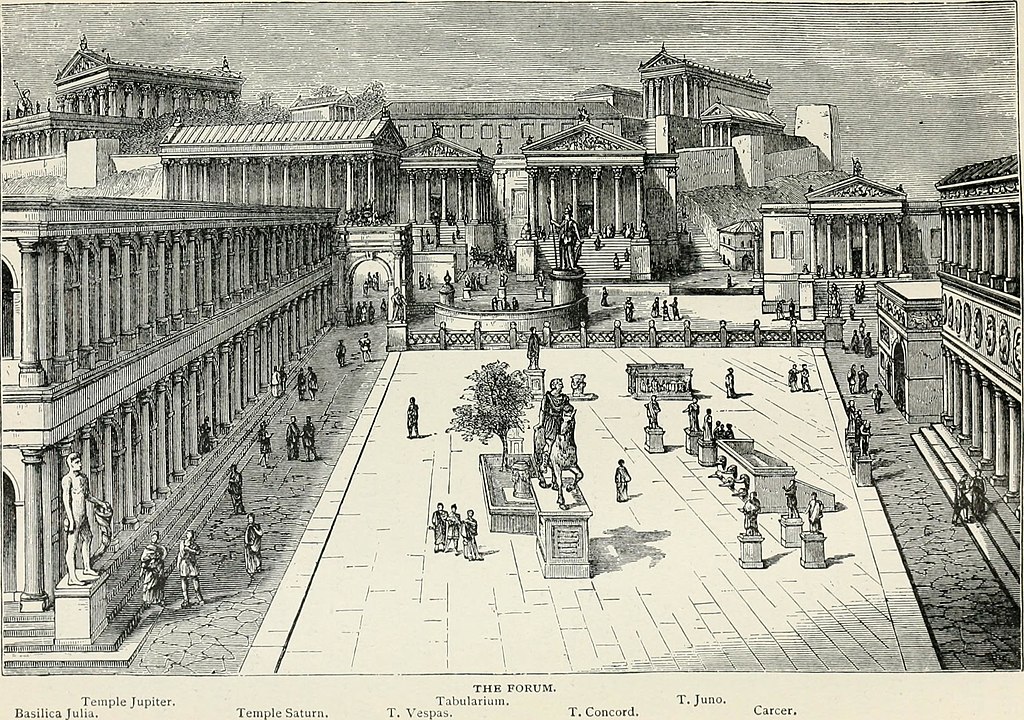 Photo by Lohr, Fr Shumway, Edgar Solomon, ed. (and) tr on Wikimedia Commons
Photo by Lohr, Fr Shumway, Edgar Solomon, ed. (and) tr on Wikimedia Commons
45. Exotic Pets are the Best
Wealthy Romans kept exotic animals as pets, including cheetahs and lions. Some were paraded on leashes during events to showcase their owner’s affluence. Photo by David Groves on Unsplash
Photo by David Groves on Unsplash







